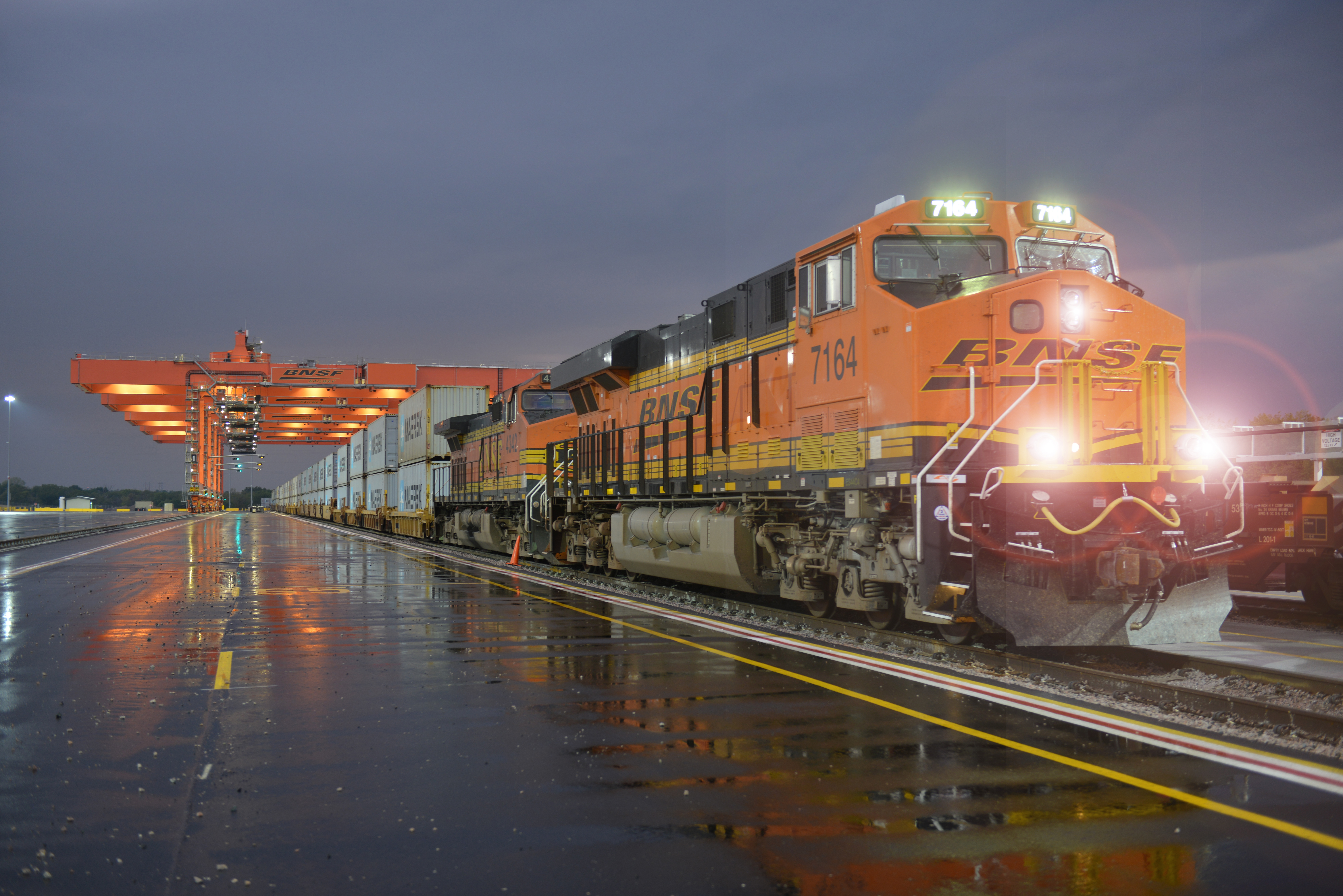BNSF becomes latest Class I railroad to grant paid sick days to its union engineers
Deal follows similar agreements at Union Pacific and Norfolk Southern, after debates nearly triggered national rail strike last year

BNSF Railway this week became the latest of the North American Class I railroads to reach an agreement providing its union workers with paid sick leave, once of the primary sticking points that nearly drove the nation’s rail freight system to shut down in a massive strike last year.
The tentative agreement with the Brotherhood of Locomotive Engineers and Trainmen (BLET) “will significantly benefit locomotive engineers at BNSF. The tentative agreement includes up to eight paid sick leave days and grants access to scheduled time off in an effort to improve the quality of work-life balance for the engineers,” Fort Worth, Texas-based BNSF said.
Approximately 7,500 BLET members at BNSF will receive detailed information about the tentative agreement this week, and a ratification vote is scheduled for September.
Similar agreements were recently negotiated between the rail workers’ union and additional major railways including Union Pacific Railroad and Norfolk Southern Corp.
In a joint statement, BLET noted that the deal would benefit both the railway’s employees and its customers. “The agreement will allow for more predictable scheduling and enable engineers to take paid sick leave without any penalty. These enhancements will not only contribute to a more consistent service for BNSF’s customers but also aid in the recruitment and retention of employees,” BLET said.
Related Articles

Copyright ©2024. All Rights ReservedDesign, CMS, Hosting & Web Development :: ePublishing